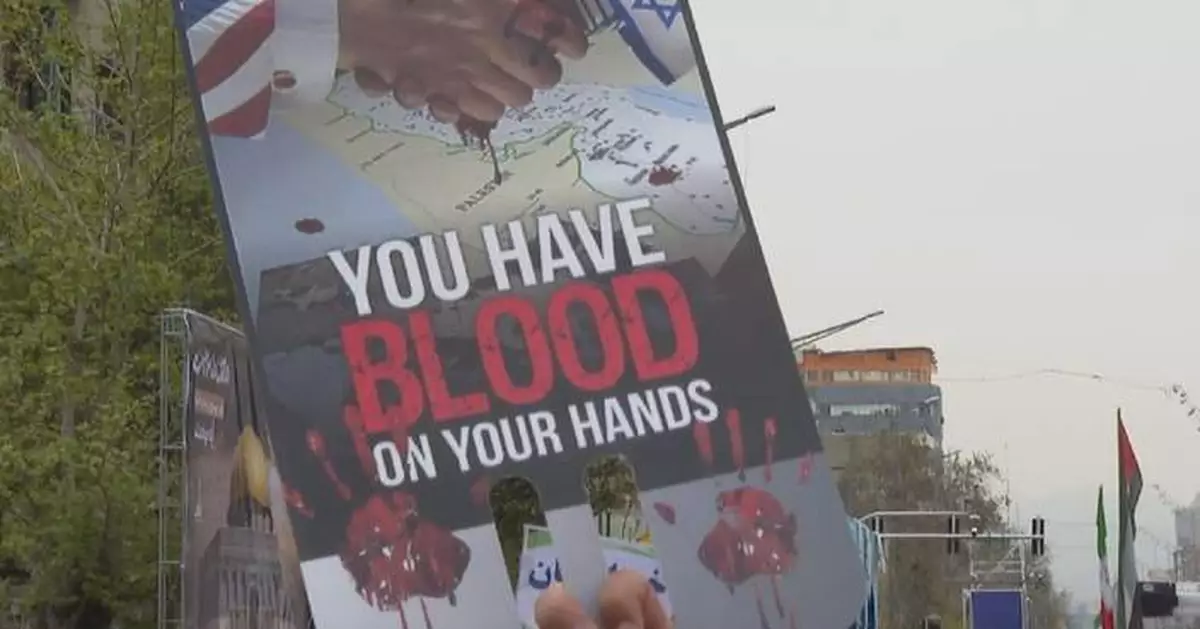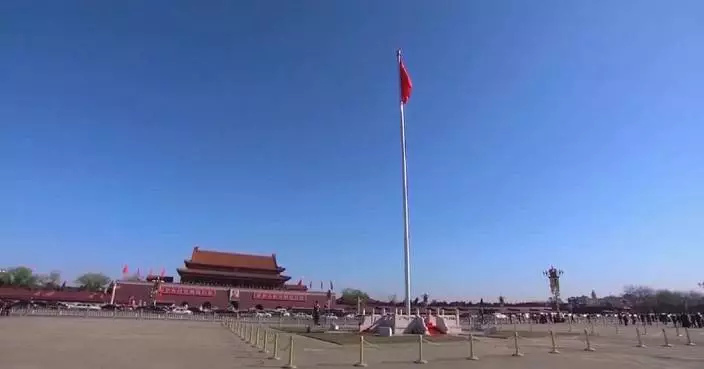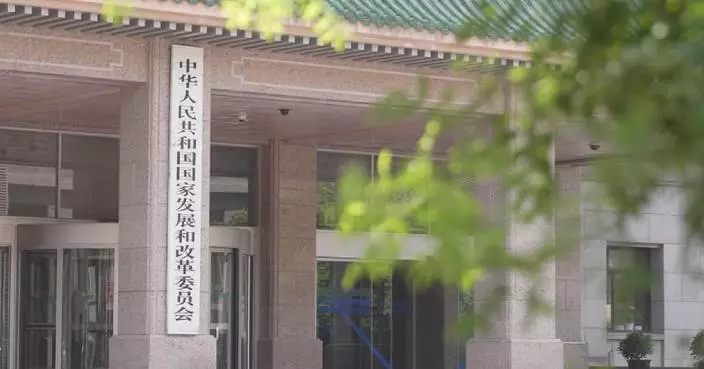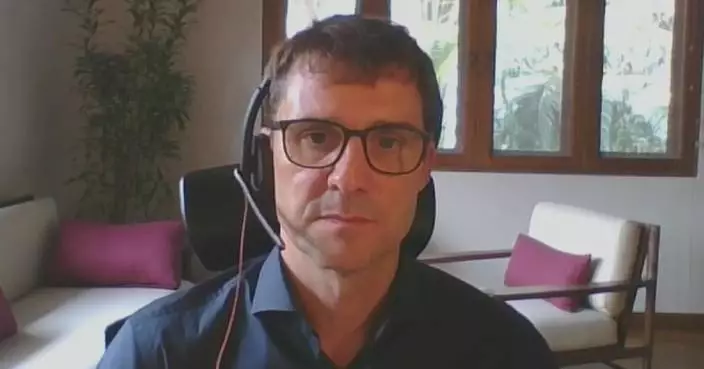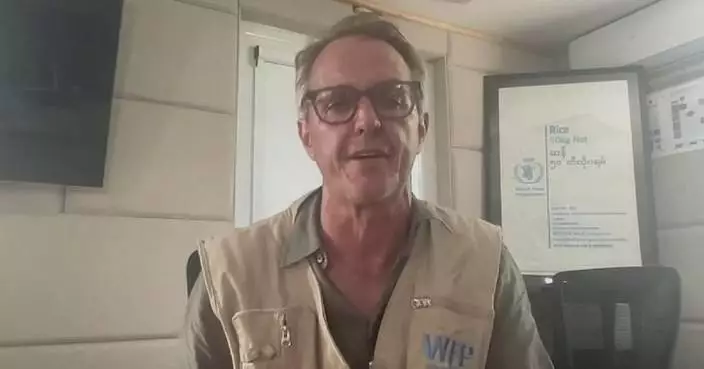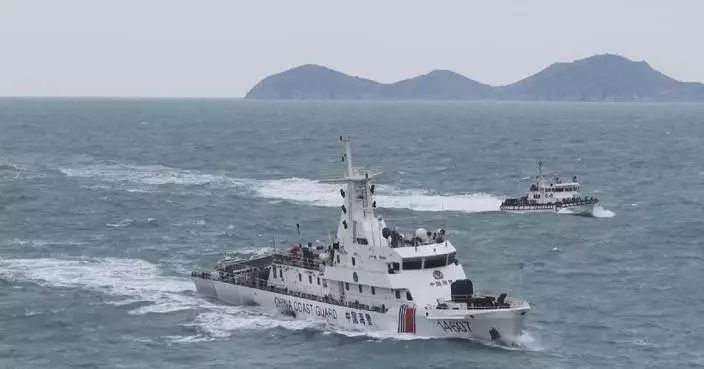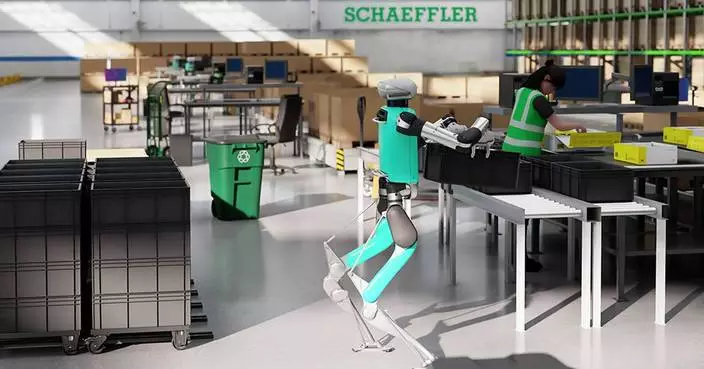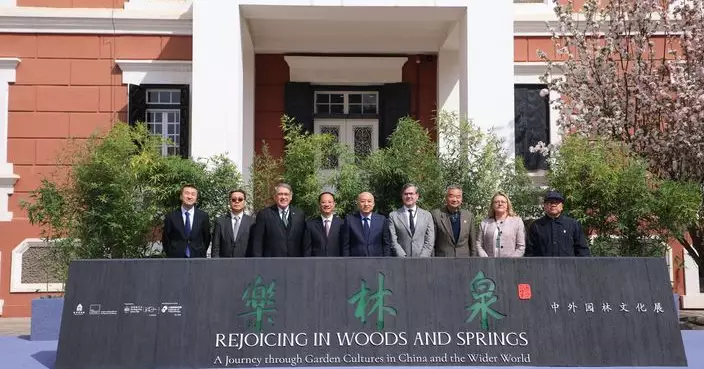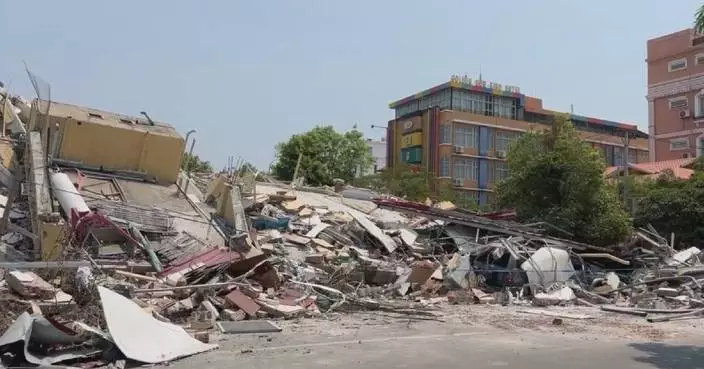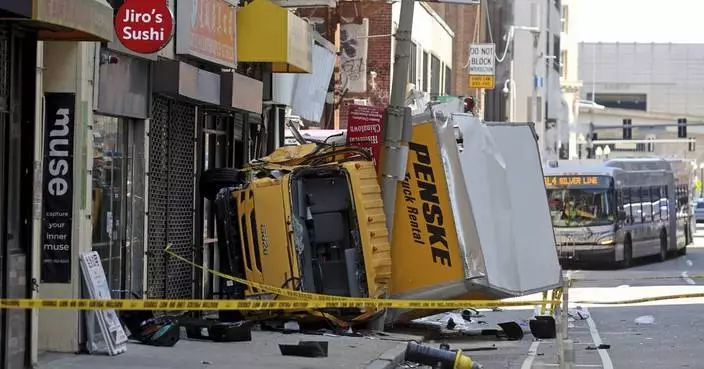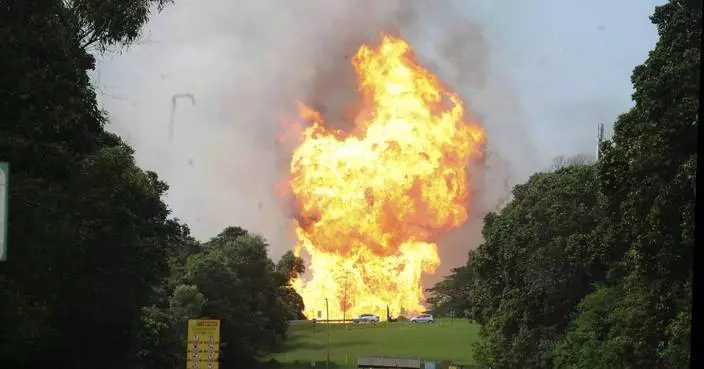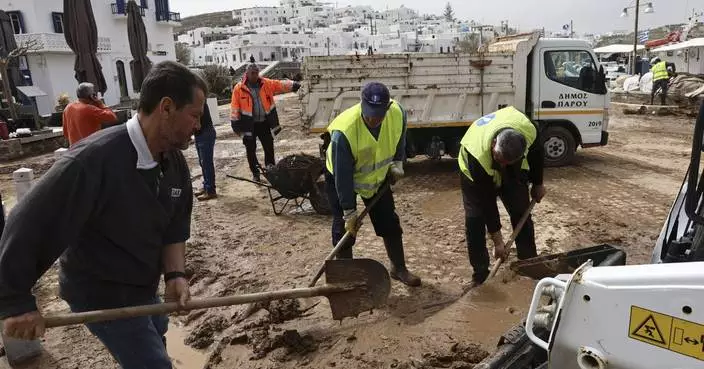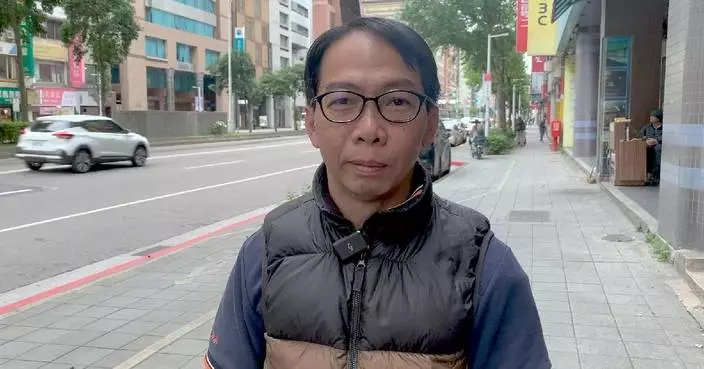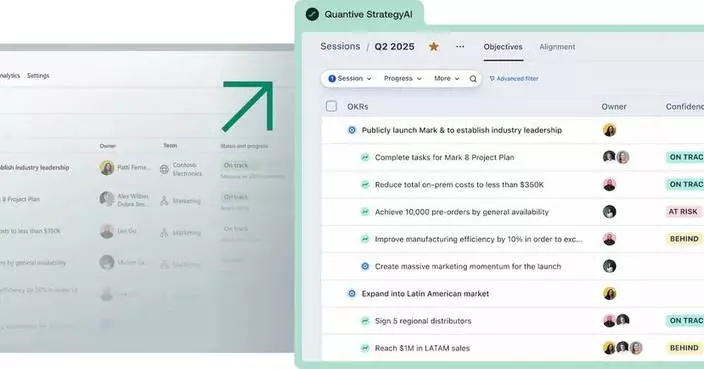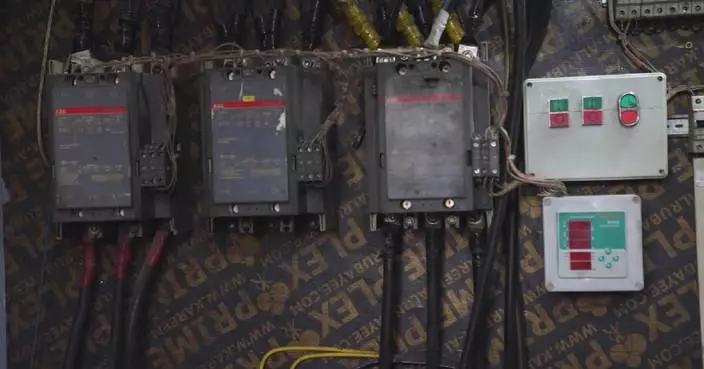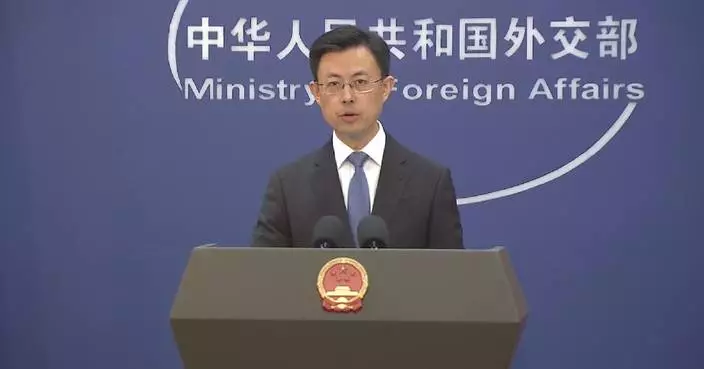Iranians took to the streets on Friday for mass rallies across the country to mark the International Quds Day, an annual event expressing support for Palestinians.
The International Quds Day, established by Iran in 1979 to express solidarity with Palestinians, is marked on the final Friday of Ramadan, which falls on March 28 this year.
In Tehran, thousands gathered in the city center to protest U.S. and Israeli military operations in Yemen and the Gaza Strip, which have caused heavy civilian causalities, including the death of a large number of women and children, in serious violation of the international humanitarian law.
Many Iranians accused the United States of fostering instability and insecurity in the region.
"The United States has done nothing but bring disturbance to other countries all over the world. All its accusations against Iran are false. Beyond interfering in regional affairs for its own interests, everything else the U.S. says is a lie," said Muhammad Ali, a local resident.
"The U.S. presence in the Middle East is primarily to ensure Israel's security, and secondly, to plunder and control people in the region. They also attempt to obstruct cooperation among countries that oppose America's policies," echoed another local named Mokhtar.
The rally participants also urged the international community to take immediate action to curb U.S. and Israeli aggressions and prevent the crisis from escalating further in the region.
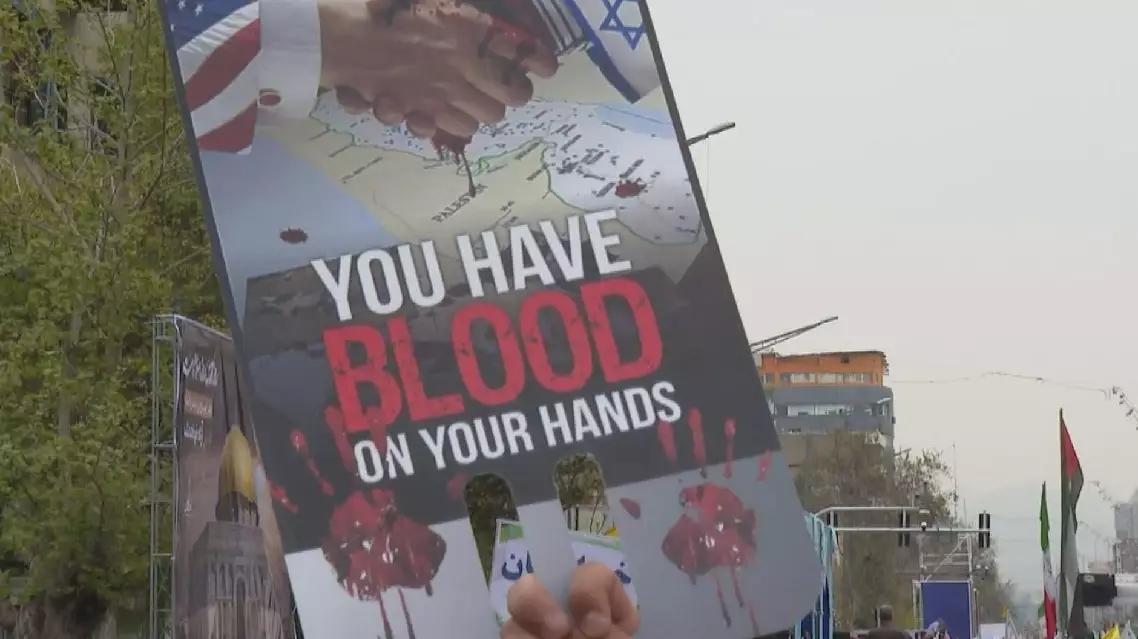
Iranians rally on Quds Day, condemning Israel, US for undermining peace in Middle East
Los Angeles is grappling with rising costs and delays in its wildfire recovery process, as tariffs on construction materials imposed during the Trump administration compound the challenges.
The devastating wildfires recently destroyed over 17,000 homes and businesses, leaving communities urgently pushing forward with reconstruction.
The Trump administration has recently rolled out new tariffs on a wide range of construction materials, including steel and aluminum, from the main trading partners of the United States, such as Canada, Mexico, and China. This has significantly driven up costs, further complicating the recovery efforts
"As the city and county of Los Angeles move aggressively to rebuild the wildfire areas in Malibu, Pacific Palisades, and up in Altadena, to build those houses, we need softwood lumber, aluminum, and steel from Canada," said Gene Soroka, executive director of Port of Los Angeles.
While the tariffs aim to boost domestic production, the transition will take time. In the interim, the shortage of materials is creating ripple effects across the construction sector.
"We are still handling a lot of imported steel, despite the tariffs because there's not enough American manufacturing of steel right now. So, one of the unintended consequences that this has done the wrong way is you don't have enough steel. That impacts construction, that impacts economic growth across the board," said Weston Labar, chief strategy office of Waterfront Logistics.
According to the Associated General Contractors of America, housing costs could skyrocket by almost 50 percent, widening the gap between insurance payouts and actual rebuilding expenses. It may force many homeowners to delay or even abandon their reconstruction plans, prolonging the housing shortage in Los Angeles.
Tariffs are also driving up prices for other products, impacting recovery efforts.
"We need appliances from Mexico, furniture from China, and all of those prices are going up, whether anticipatory, or real as these imports are coming across our port complex. So, we've got to have some pretty detailed discussions about this because families who want to rebuild, businesses who want to get back into the office are going to be impacted by these tariffs one way or another," said Soroka.
As Los Angeles strives to recover, the economic uncertainty caused by tariffs presents a formidable obstacle.
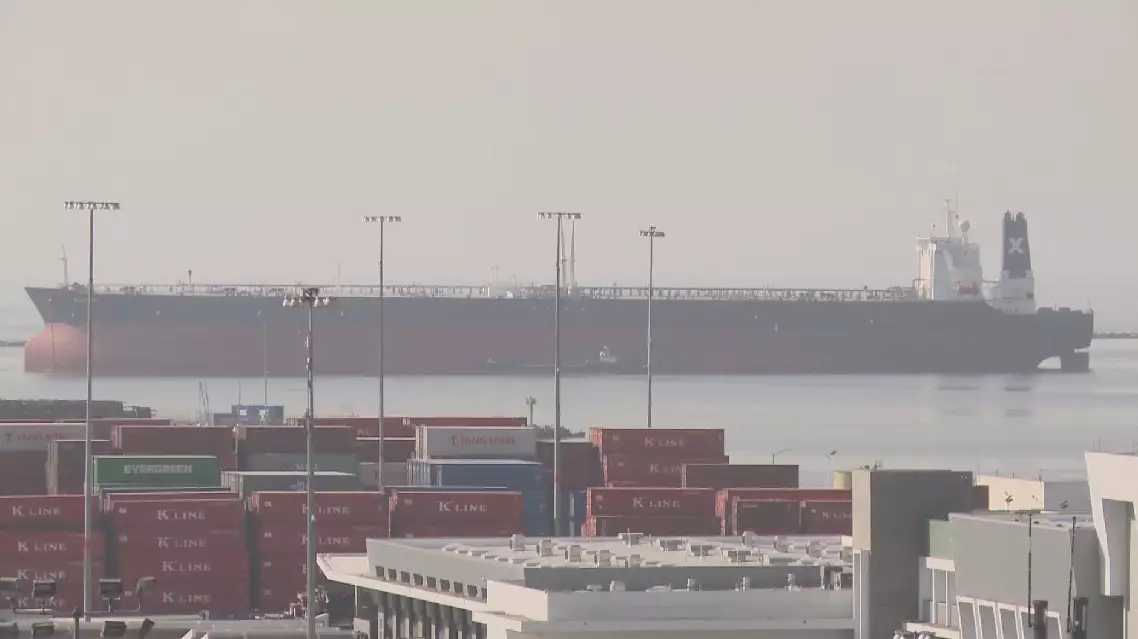
Tariffs add strain to Los Angeles wildfire recovery efforts



